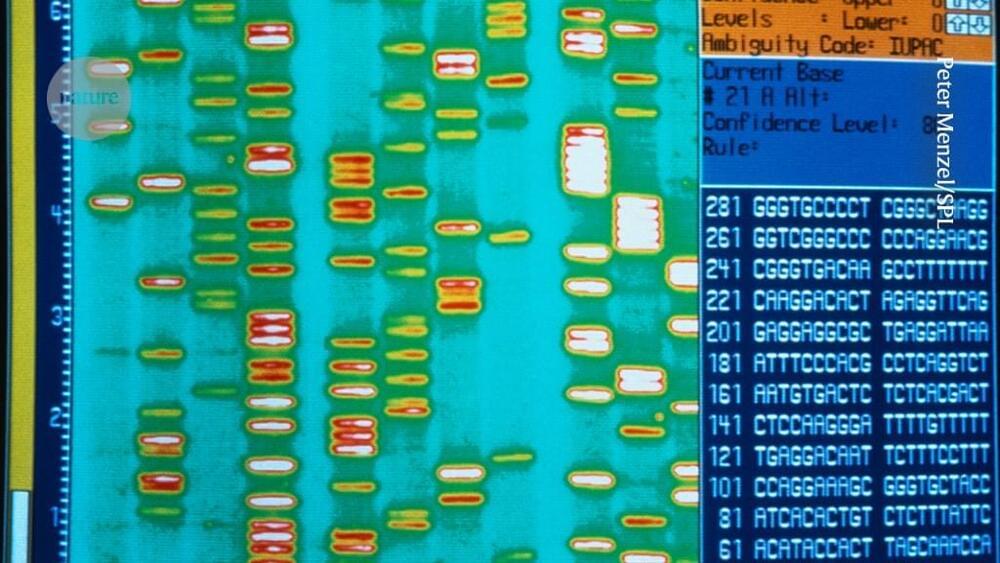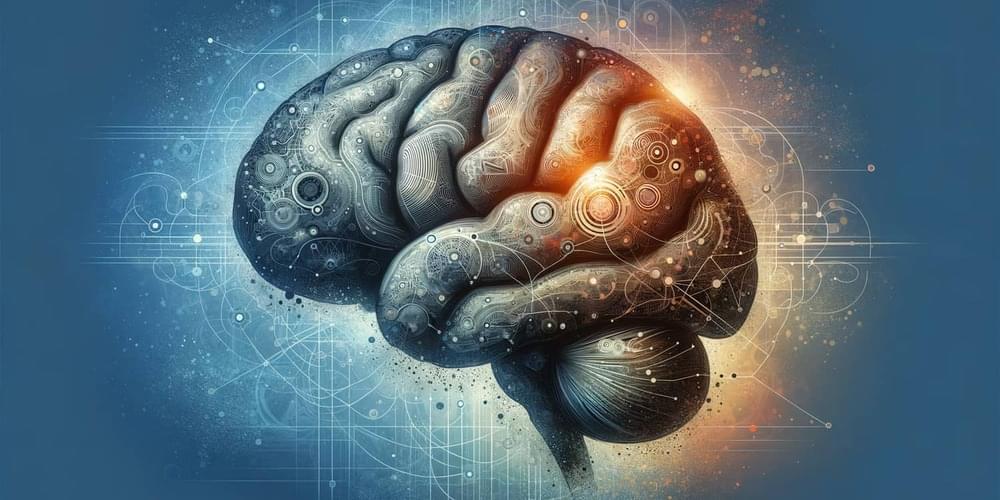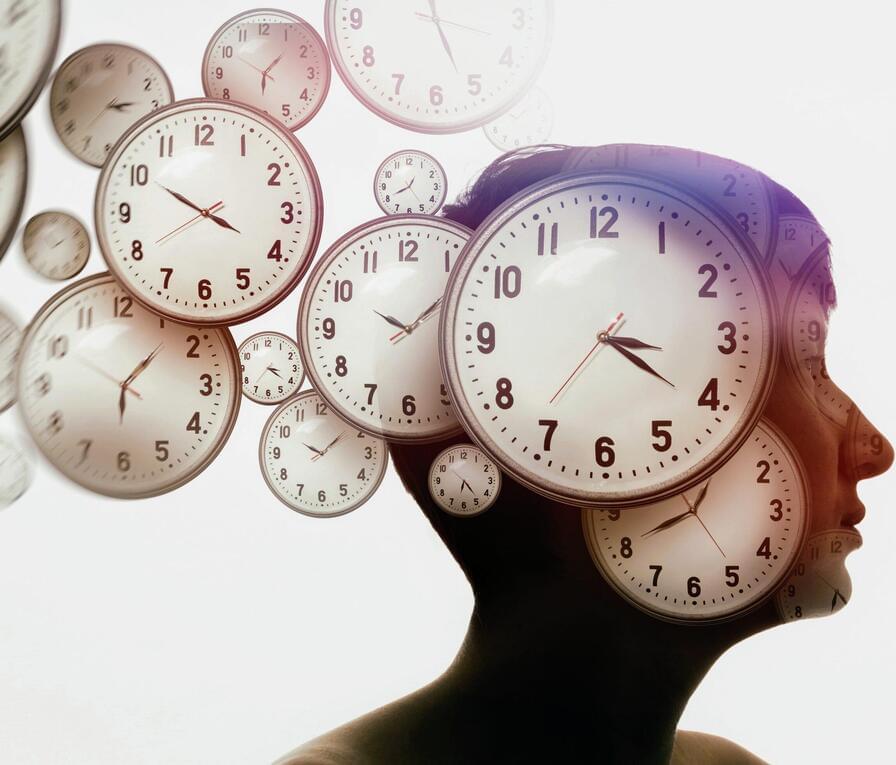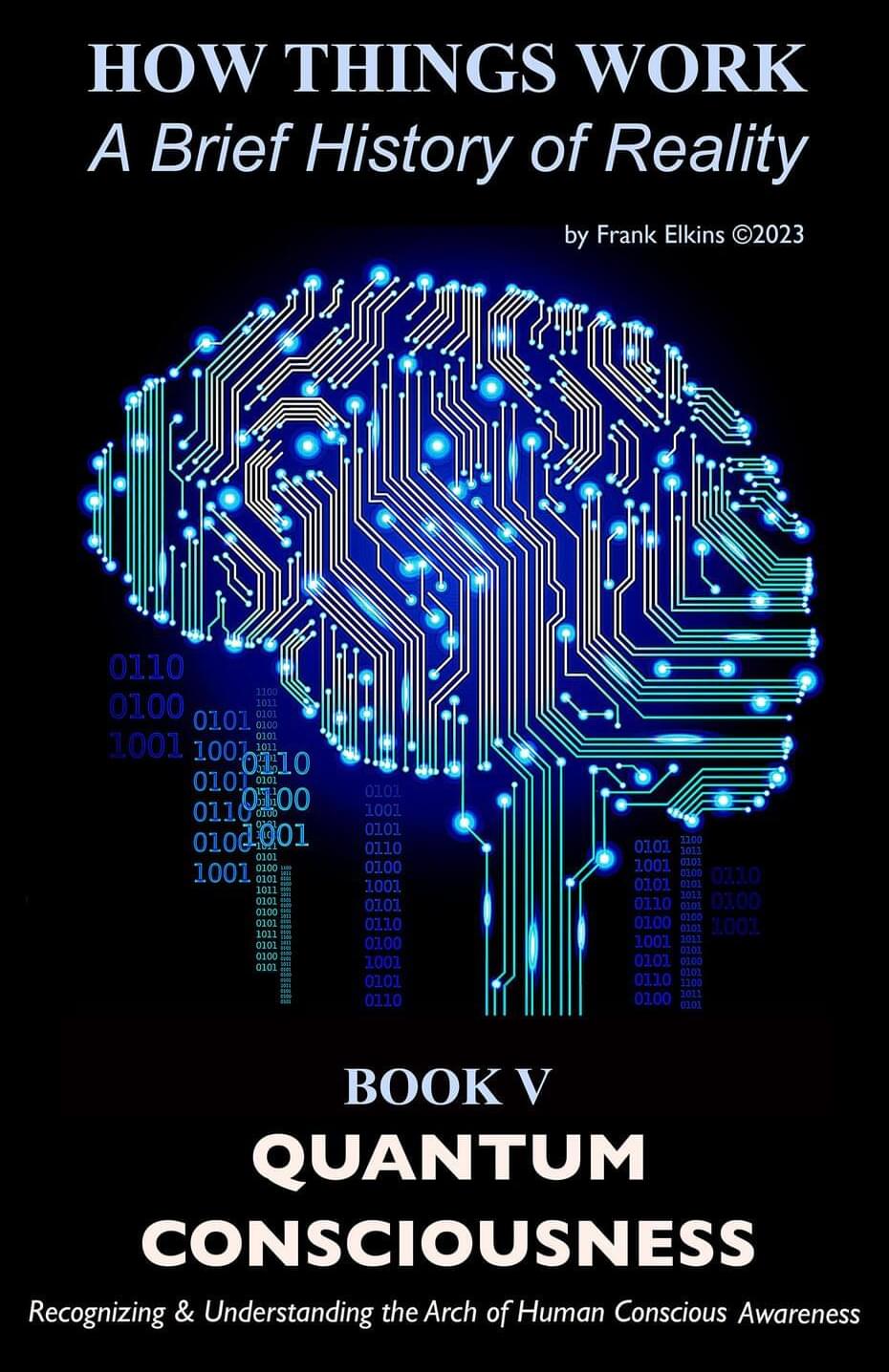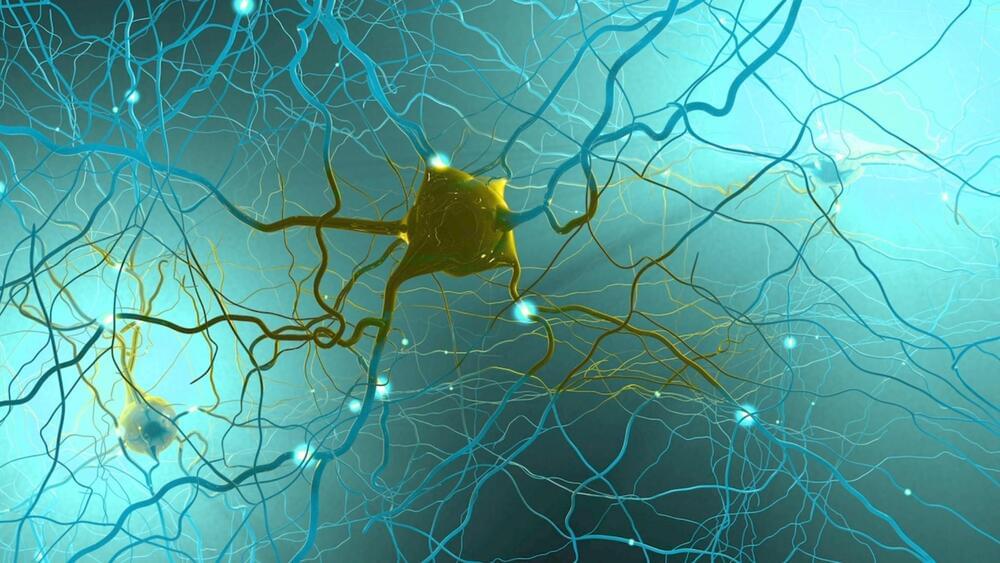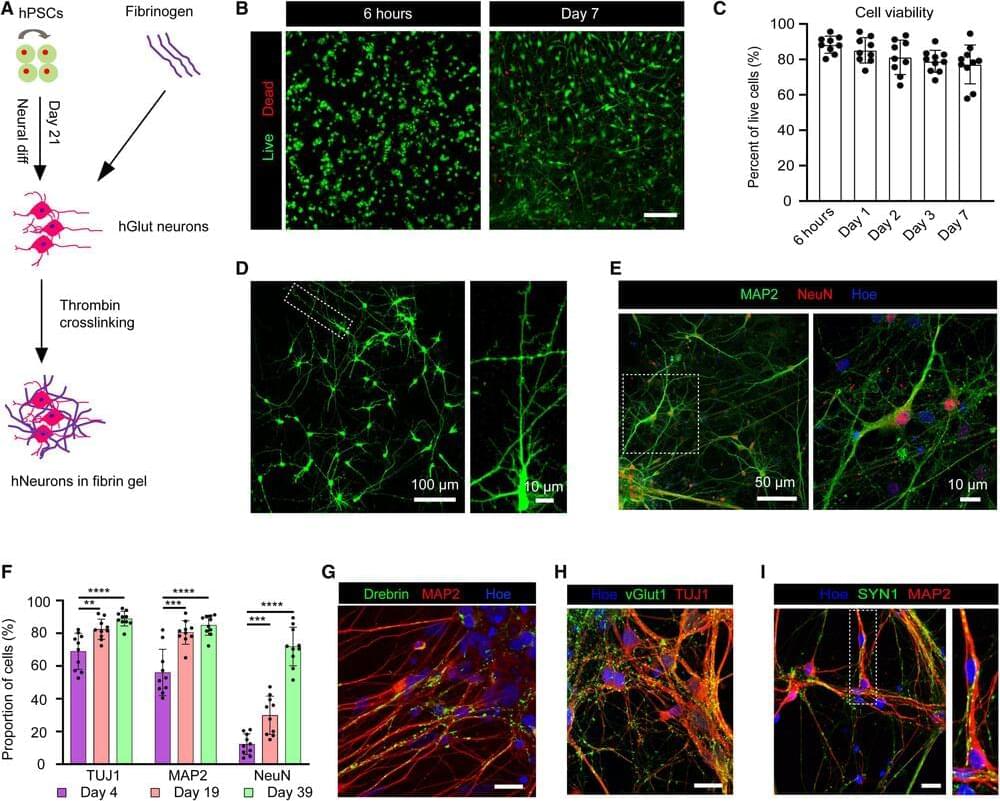Feb 5, 2024
Visualizing multiple sclerosis with a new MRI procedure
Posted by Shubham Ghosh Roy in categories: biotech/medical, engineering, neuroscience
Multiple sclerosis (MS) is a neurological disease that usually leads to permanent disabilities. It affects about 2.9 million people worldwide, and about 15,000 in Switzerland alone. One key feature of the disease is that it causes the patient’s own immune system to attack and destroy the myelin sheaths in the central nervous system.
These protective sheaths insulate the nerve fibers, much like the plastic coating around a copper wire. Myelin sheaths ensure that electrical impulses travel quickly and efficiently from nerve cell to nerve cell. If they are damaged or become thinner, this can lead to irreversible visual, speech and coordination disorders.
So far, however, it hasn’t been possible to visualize the myelin sheaths well enough to reliably diagnose and treat MS. Now researchers at ETH Zurich, led by Markus Weiger and Emily Baadsvik from the Institute for Biomedical Engineering, have developed a new magnetic resonance imaging (MRI) procedure that maps the condition of the myelin sheaths more accurately than was previously possible. The researchers successfully tested the procedure on healthy people for the first time.


